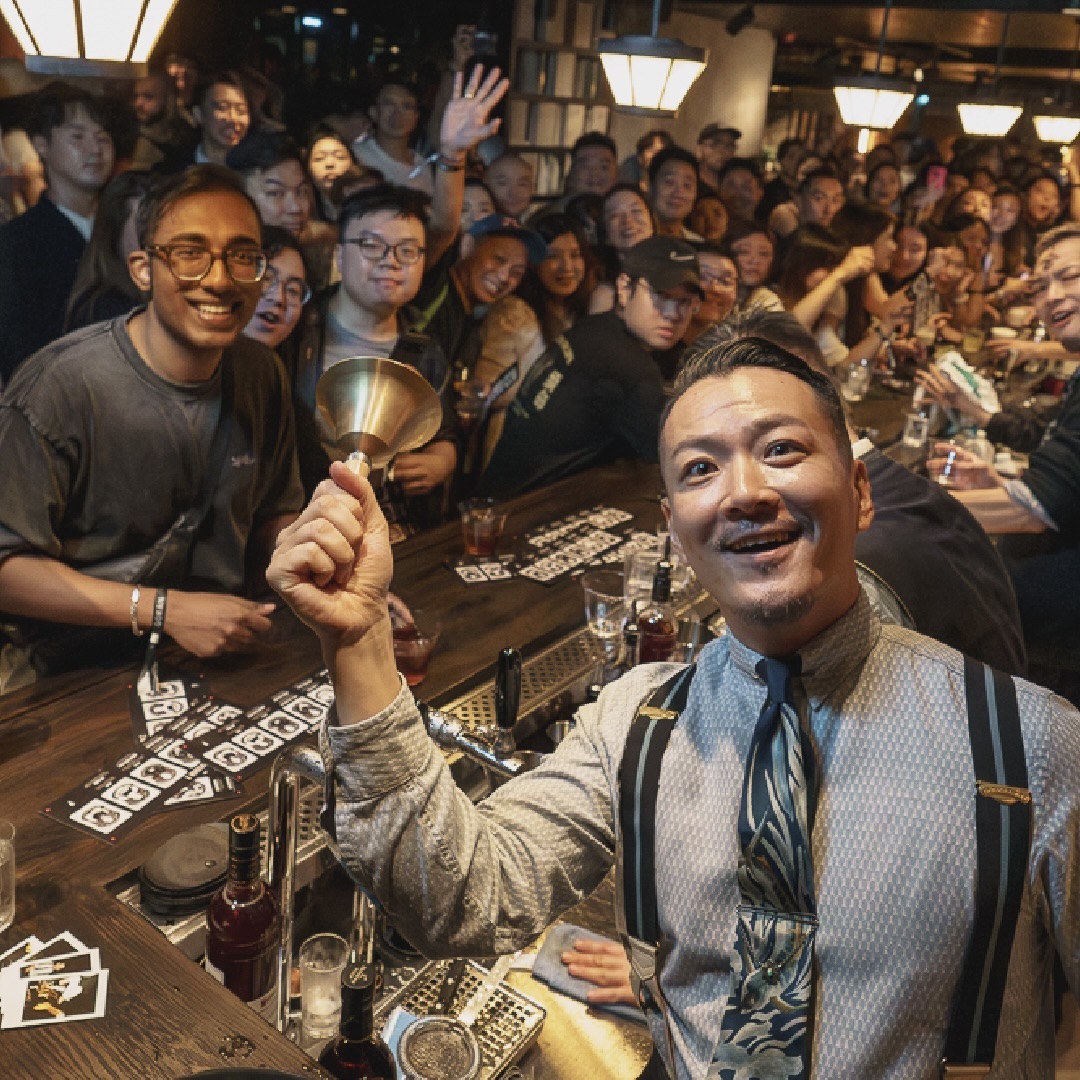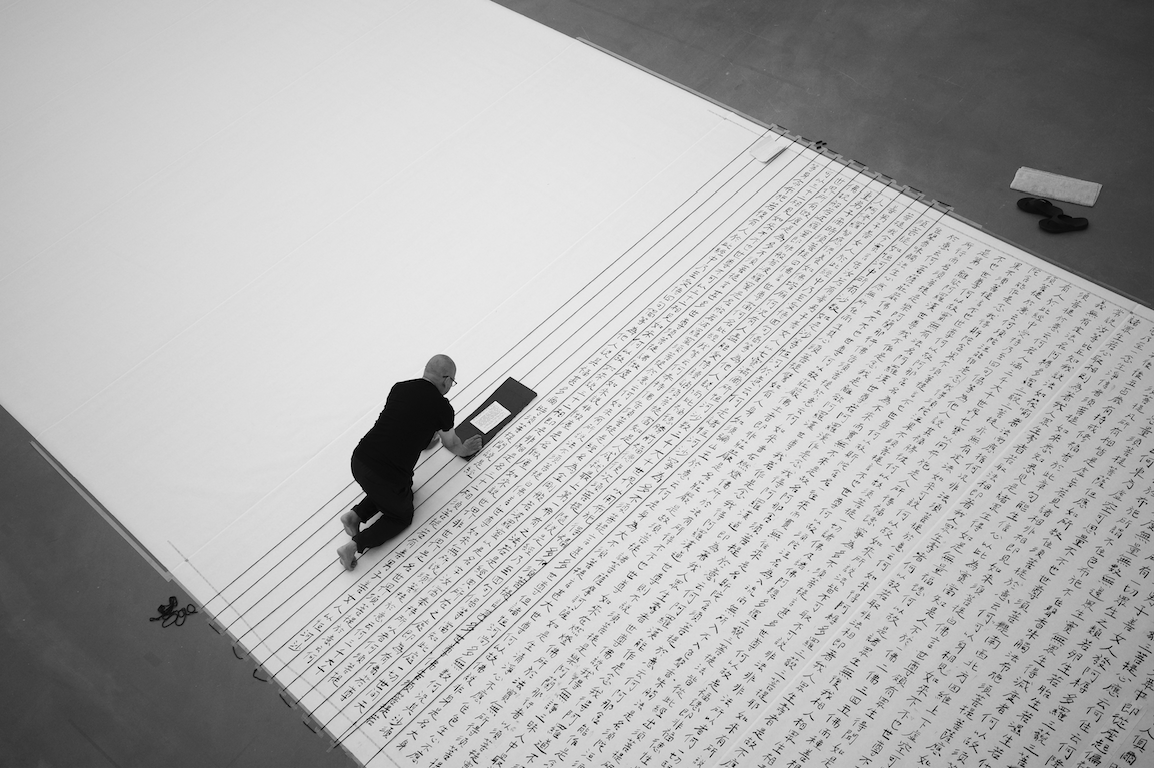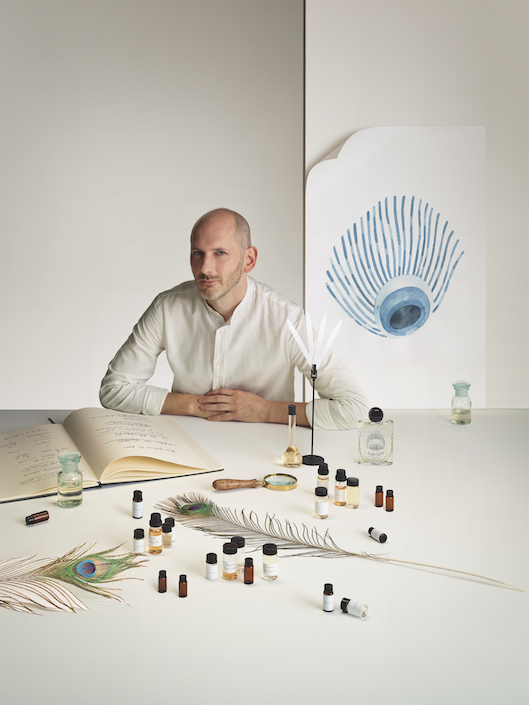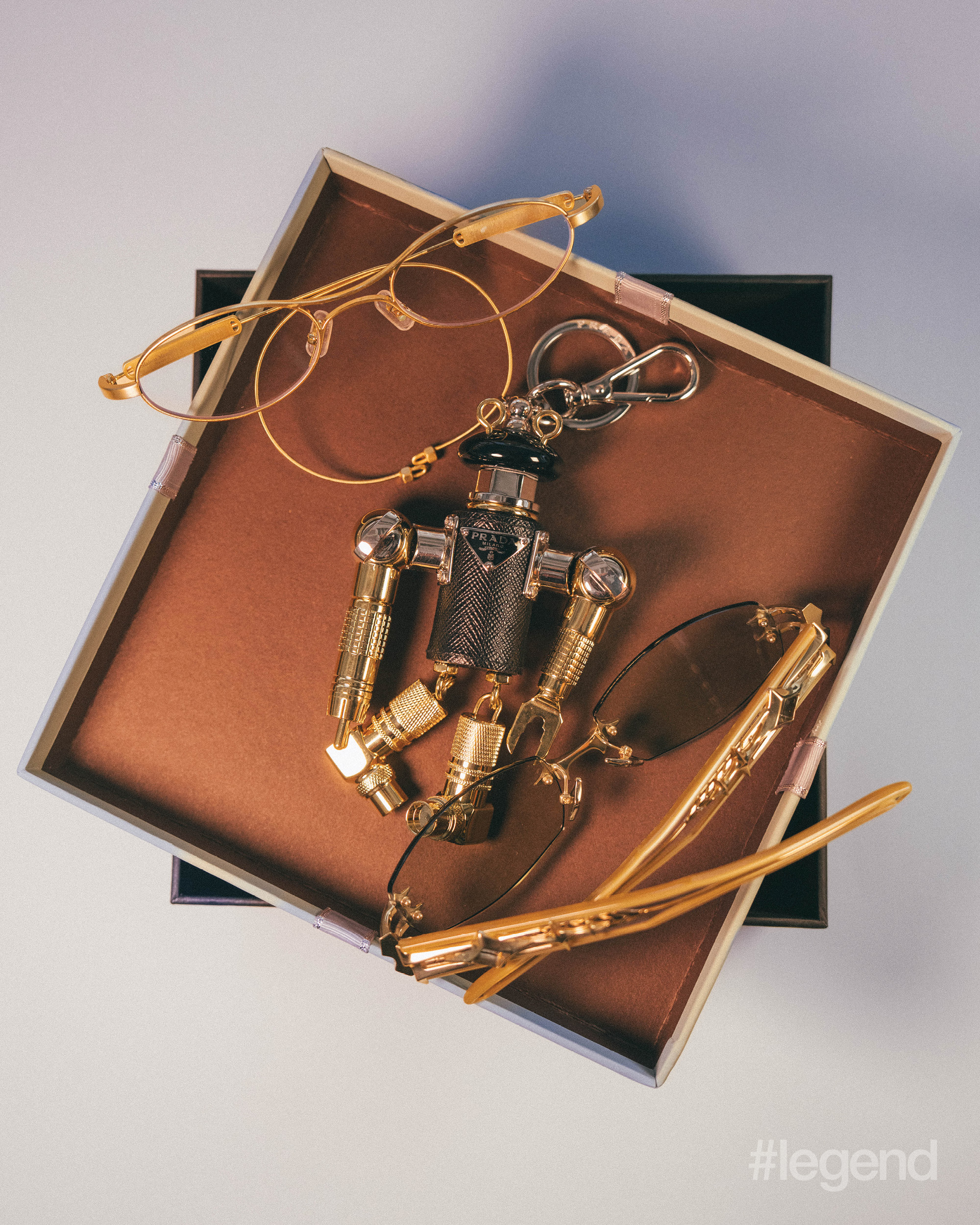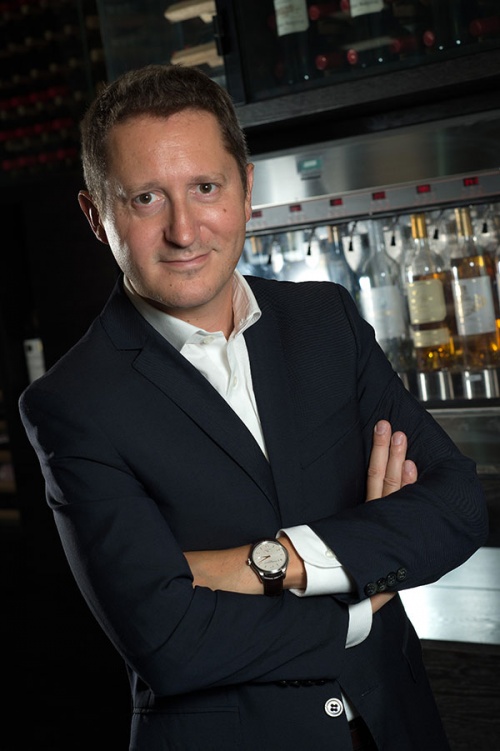
Guillaume Deglise became CEO of Vinexpo in 2013 declaring his desire to “give the internationally renowned trade a fresh impetus.” He’s a graduate from the Dijon School of Economics 1996 and began his career as an export manager for Bollinger champagne in 1998 before joining Laurent Perrier group for a decade from 2002. He’s also a polyglot who speaks French, English, Spanish, German, Italian and Portuguese. Here at Vinexpo Hong Kong 2016, he tells #legend how the fair’s progressing.
What change in mood do you notice compared to Vinexpo Hong Kong 2014?
It’s a very different feeling. In 2014 – even though Vinexpo Hong Kong has always been something special on the agenda for professionals – people were worried about the Chinese market which was down, dramatically, and people had no idea where the trend was. Now people are much more comforted – it’s not that the Chinese economy is necessarily doing better, not at all – but people feel there is a real consumption there, and not just for gifting, but for their own consumption. Also, the market is more open to all kinds of wines. Two years ago it was still Bordeaux or Burgundy… and you also see that there is a great energy coming from other markets too; it is not just about China. New markets such as Vietnam, Cambodia are coming; Thailand is doing very well too, so a lot of markets are opening for wines and spirits which gives opportunities for producers. From what I’ve seen among the exhibitors, there has been a very good buzz so far this time around.
2015 is being talked about as a great year in Bordeaux, like 2005. Has that perpetuated the buzz?
Its been a good year in many other regions, not just Bordeaux. But Bordeaux has a very strong effect on Vinexpo’s activity. If you have an outstanding vintage you really feel the difference. If the trade has confidence in Bordeaux, people will come. They will also purchase other types of wines as a result, so Bordeaux’s 2015 success is very positive for us. We’re delighted by that.
We’re hearing a lot from vineyard owners/managers about the ongoing threat of climate change. Are you?
I don’t know whether it’s a change in climate so much as an evolution. There’s a lot of climate effects – storms, more hail storms affecting the vineyards, which can be very damaging for the future and we’ve seen that over the last five years, also vines being strongly attacked by frost. The winemaker and growers will have to adapt to those climatic extremes. In fact, we will have a big conference specifically on that topic at Vinexpo in Bordeaux next year – as there is strong interest from the trade, the media and the producers.
Declensions of wine are so many and various it’s hard to keep up – organic, biodynamic, natural. Isn’t biodynamic a happy medium and do consumers really need that much choice?
There are many different steps with biodynamic wine. It varies from one country to another and then from one region to another in terms of classifications. Biodynamic has been around for many years now, it’s not new, but we do believe the millennial generation is very much into craft, spirits; they want to know what they’re drinking. I find that interesting, they want to know the winemakers, and what is behind the brand, the story and narrative – that is why there is this interest for natural wines or craft beers. The natural wine trend is of course very tiny and it’s very hard to guarantee any kind of consistency in the style of this wine. But if there is interest from consumers and trade, fair enough.
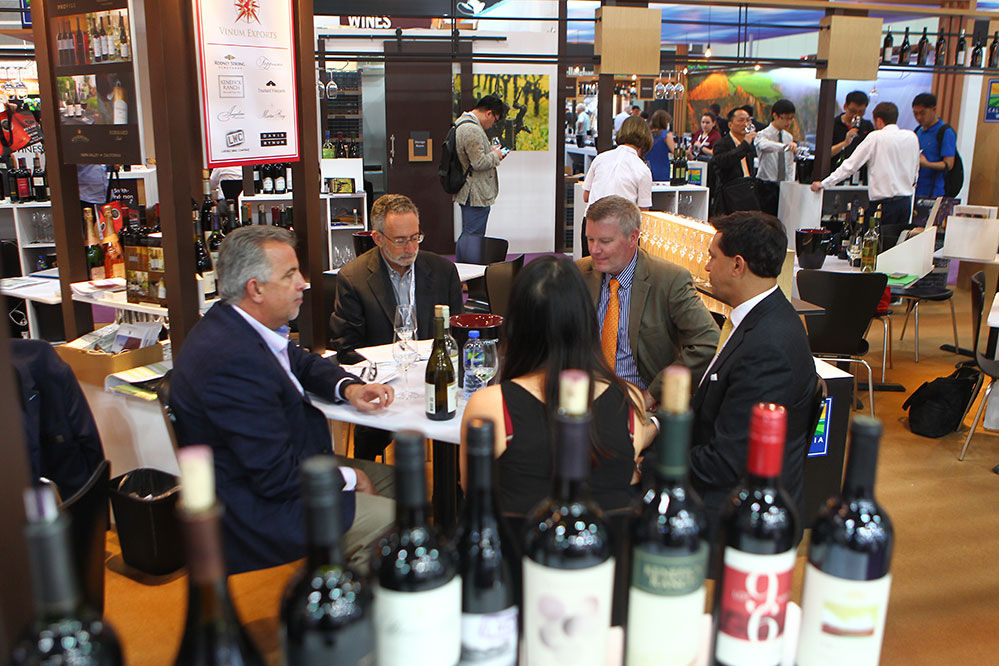
What’s the last glass of Bordeaux you drank and really loved?
It’s a very tough question. Because I live in Bordeaux, I don’t drink it often. I think Bordeaux is probably the most prestigious region in the world, but I find more instinct to taste wine from other vineyards. Also because the style of Bordeaux is quite classic, there is more to discover from other regions. Bordeaux to me is more about getting back to basics and enjoying a very, very good glass of wine – the quality, the consistency.
Burgundy rather than Bordeaux is the buzzword on everybody’s lips now, particularly in Hong Kong.
That’s the comment I got from Mainland China too. When it comes to the style of Burgundy, I think it offers something more that people are looking for. The same way people want Italian Piemonte, not too deep, but something nicely balanced, a Pinot Noir from Oregon, for example, or even a pinot noir from Germany. I studied in Burgundy and this is where I learned wine basically. It doesn’t have the majesty of Bordeaux, but I always enjoy going back to Burgundy.
How do you measure Vinexpo success?
It’s difficult to measure. Our success is the satisfaction of our customers. And that’s as simple as it gets. It’s about servicing as much as we can. Our goal is to create the best conditions possible for exhibitors to do business. So we give them the tools to organise meetings, we bring the best wines, provide great tasting conditions and interesting lectures, content. It’s not just a trade show. It’s about giving context and content to and with the show.
The Chinese have been buying vineyards for several years in France, especially Bordeaux, with Jack Ma, Zhao Wei (who came here in 2014 presenting Chateau Monlot and vowing to improve its quality). Are you discerning any trends or eccentricities within that evolution?
In terms of eccentrictiies not that much; I do notice that they seem to want the chateau, the building rather than the estate or the vineyard or whatever the wine is. It’s more the fact of having bought land in a prestigious appellation like Bordeaux, which is fine. Bordeaux has always had foreign investors, be they Americans, Japanese, Belgians, British. What Zhao Wei is doing is great if she can make that happen. if her goal is quality then that’s a very good sign – that’s a very healthy trend. I think it’s good we have all these investors, but there aren’t that many Chinese in fact… long-term lets see what happens, as I think it’s still too early to say. One interesting aside, and this is not just Chinese investors, but sometimes people buy and then realise the property needs investment, and that also means investment in the wine-making facilities, the tractors, the mechanics, and then they get frightened by the scale. When people purchase a vineyard they don’t always think of all this.
Read: China’s Thirst for Wine Sees Growth in Producers and Sommeliers
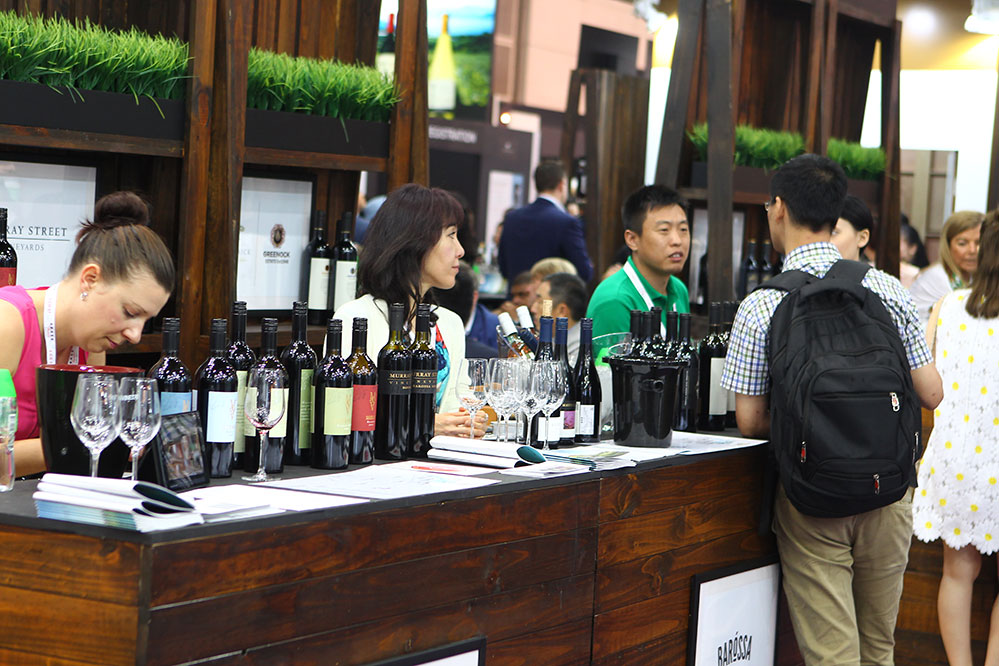
What’s most pleasing for you about Vinexpo 2016.
There are many things. A few examples: LVMH presenting their new Chinese wine, Ao Yun, from Shangri-La. They chose Vinexpo Hong Kong 2016 to launch that product and that’s a great thing for us. I’d been looking forward to tasting the wine. It’s also been great to have Italy as the country of honour. We have a large number of producers from Italy, many here for the first time at Vinexpo, a fact of which we’re very proud – there’s also been a lot of Italian media, so that’s all had a very good buzz around it. And of course we’ve also had the brand new best new sommelier of the world, who was just nominated in Argentina. He’s Swedish and works in New York, but he’s joined us for a blind tasting in front of 100 people.
How curious are Parisians these days about Chinese or non-French wine?
It’s very nichey. There is more French interest towards imported wines, people want to know more about Italian, Spanish, Californian wines and access to them is not easy in Paris. Your question makes me think of one irony. It’s interesting in China to see chateaux constructued as though in Bordeaux, in a 18th or 19th century style, but on a much bigger scale. Ironically in Bordeaux right now, the trend is the other way; it’s all modern. The people want very modern facilties – not just the chateaux but the wine facilities. You saw what Frank Gehry did at Marqués de Riscal, a winery in Elciego, Spain – so now everyone tries to recreate the Gehry style. It’s actually quite nice.
Speaking of swanky structures, what about Alain Juppé’s commissioned La Cité du Vin. Isn’t that opening soon in Bordeaux?
Yes, Alain Juppé, former prime minister and Mayor of Bordeaux, is also the founder of La Cité du Vin. It’s a very good-looking building. The official opening is next week and President Hollande will be there. In fact, Vinexpo is part of the financing for La Cité du Vin, so we look forward to the opening. It’s a brand new museum [a cultural centre dedicated to the living heritage of wine) and hopefully will become a successful new destination for Bordeaux in its own right.
Read: The Most Hyped Museums and Sites of 2016
What are you proudest of in terms of Vinexpo Hong Kong?
I’m proud as an organiser that we have the influence on Hong Kong business that we do. Hong Kong is full of wine dinners, wine tastings, and the whole week has many events. I like to think we help entertain the city – even though it’s a trade show and not for the public – because we bring this great collection of winemakers, producers, etc. You could compare it with the Cannes Film Festival, which is all about business; it’s a different scale, of course, but we bring the stars of the wine business – speakers, critics, and the wine lovers get to taste so many things. And here you get invited to meet people, and taste wine in a very convivial setting. That makes us proud.
We couldn’t agree more. Salut!


